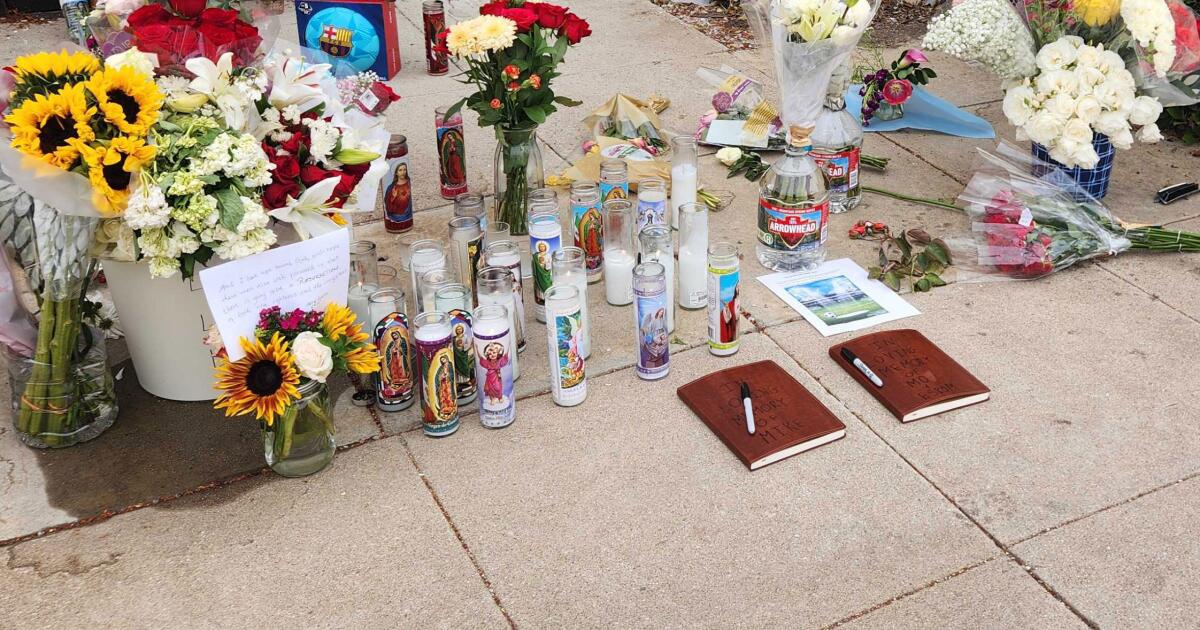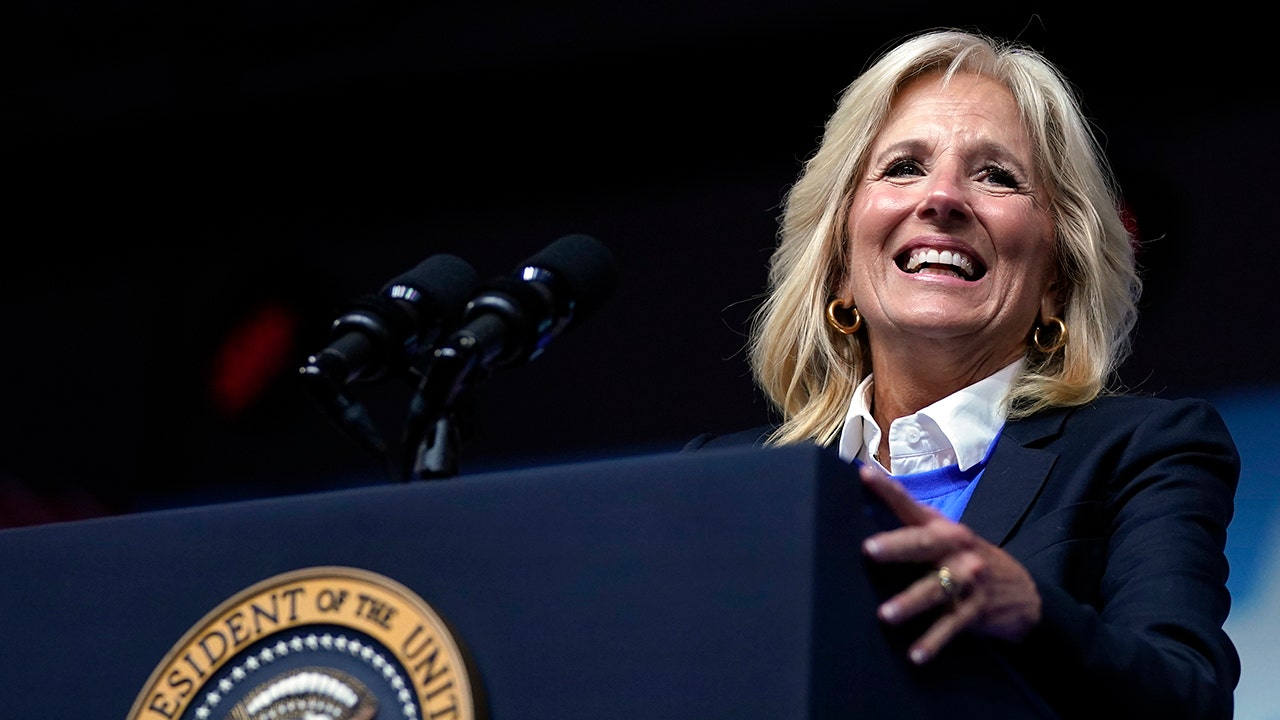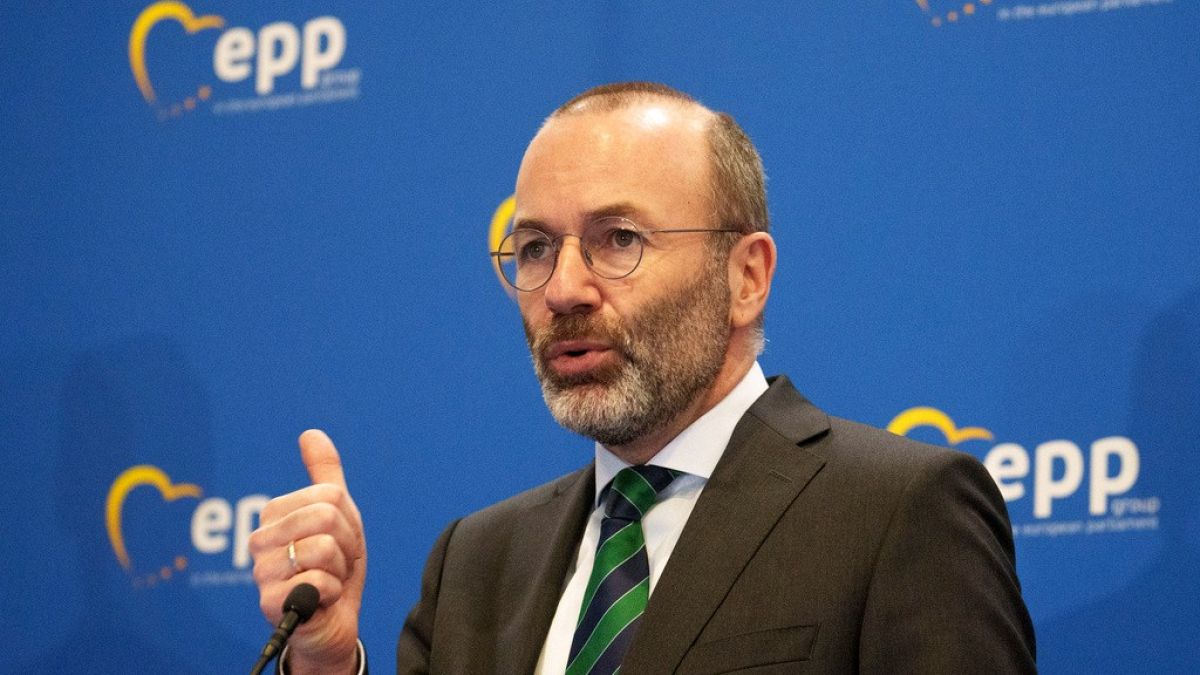Minneapolis, MN
Lyft, Uber threaten exit of Minneapolis after city council forces them to pay drivers more
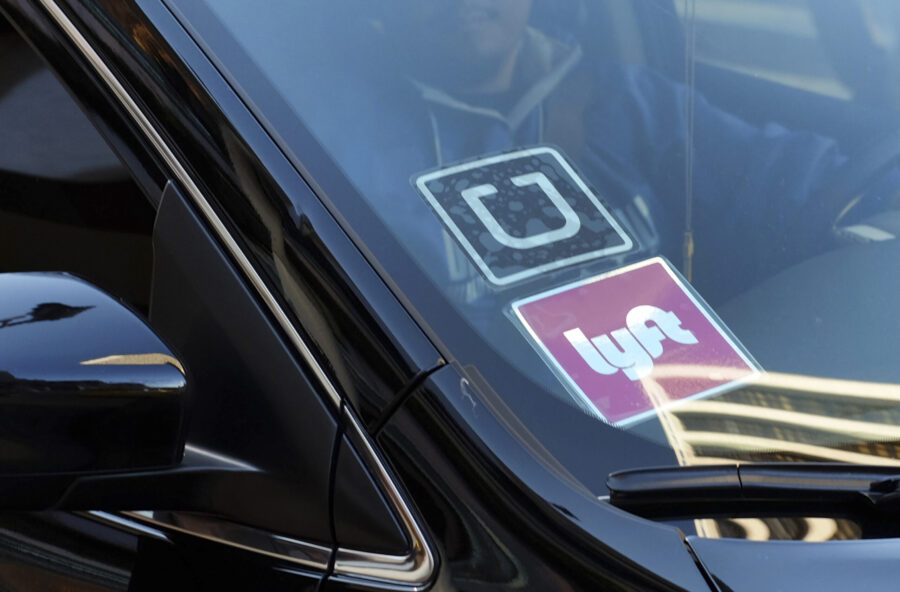
MINNEAPOLIS (AP) — Lyft and Uber said they will cease operations in Minneapolis after the city’s council voted Thursday to override a mayoral veto and require that ride-hailing services increase driver wages to the equivalent of the local minimum wage of $15.57 an hour.
Lyft called the ordinance “deeply flawed,” saying in a statement that it supports a minimum earning standard for drivers but not the one passed by the council.
“It should be done in an honest way that keeps the service affordable for riders,” Lyft said. “This ordinance makes our operations unsustainable, and as a result, we are shutting down operations in Minneapolis when the law takes effect on May 1.”
Uber did not immediately respond to a request for comment, but news outlets reported that it issued a similar statement saying it would also stop service that day.
Both companies promised to push for statewide legislation that would counter the Minneapolis ordinance, and state House Republicans proposed a bill Thursday that would preempt local regulations of ride-hailing services.
Lyft to lay off 13% of staff
The City Council first passed the measure last week in a 9-4 vote despite Mayor Jacob Frey’s promise to veto it. The measure requires ride-hailing companies to pay drivers at least $1.40 per mile and $0.51 per minute for the time spent transporting a rider — or $5 per ride, whichever is greater — excluding tips. In the event of a multi-city trip, that only applies to the portion that takes place within Minneapolis.
Critics of the bill say costs will likely spike for everyone, including people with low incomes and people with disabilities who rely on ride-hailing services. Supporters say the services have relied on drivers who are often people of color and immigrants for cheap labor.
“Drivers are human beings with families, and they deserve dignified minimum wages like all other workers,” Jamal Osman, a council member who co-authored the policy, said in a statement.
“Today’s vote showed Uber, Lyft, and the Mayor that the Minneapolis City Council will not allow the East African community, or any community, to be exploited for cheap labor,” Osman added. “The Council chooses workers over corporate greed.”
Lyft agrees to $25 million settlement with shareholders over safety-related allegations
Democratic Gov Tim Walz, who vetoed a bill last year that would have boosted pay for Uber and Lyft drivers, told The Associated Press on Wednesday that he was concerned because so many depend on those services, including disabled people.
He said he believed the companies would pull the plug, “and there’s nothing to fill that gap.”
Walz added that he hopes the Legislature will seek a compromise that both includes fair pay for drivers and dissuades the companies from leaving.
Seattle and New York City have passed similar policies in recent years that increase wages for ride-hailing drivers, and Uber and Lyft still operate in those cities.

Minneapolis, MN
Minneapolis to resume multifamily projects under 2040 Plan as appeals court lifts injunction

MINNEAPOLIS — An appeals court ruled Monday to lift an injunction on the Minneapolis 2040 Plan.
The 2040 Plan aims to provide all residents with access to affordable and quality housing by 2040, but environmental groups filed a lawsuit in 2018 arguing the plan may have severe unintended consequences on the environment. The core of the 2040 Plan eliminates single-family zoning in favor of developing more multi-family dwellings.
The case went back in front of a Hennepin County Court judge in June 2023. Last September, the judge ordered the city to revert to the 2030 Comprehensive Plan. The city argued it is noncompliant with state law and slows the process of building affordable, multi-unit housing.
On Monday, the appeals court concluded that the district court “clearly erred by finding that reversion to the 2030 Plan was necessary or appropriate to protect the environment, and abused its discretion in fashioning injunctive relief that imposes unnecessary hardship on the city.”
The Minneapolis City Council gave final approval to the 2040 plan in 2019, and the city began its implementation in 2020 before it was paused in 2022.
Since the implementation of the 2040 Plan, the city says it’s been able to build more than 250 affordable units that were not permitted under the 2030 Plan.
“While the Court’s reversal is a positive step, it does not end the litigation,” a spokesperson for the City of Minneapolis said. “It is critical that the State continue the path toward legislative clarification to ensure local jurisdictions across Minnesota, including Minneapolis, are able to move forward with much needed affordable housing projects, focus on undoing racial barriers and the crucial work to address the climate crisis without the threat of costly litigation.”
The spokesperson added that Minneapolis plans to resume permitting multifamily projects under the 2040 Plan.
Minneapolis, MN
Court lifts injunction on Minneapolis 2040 plan
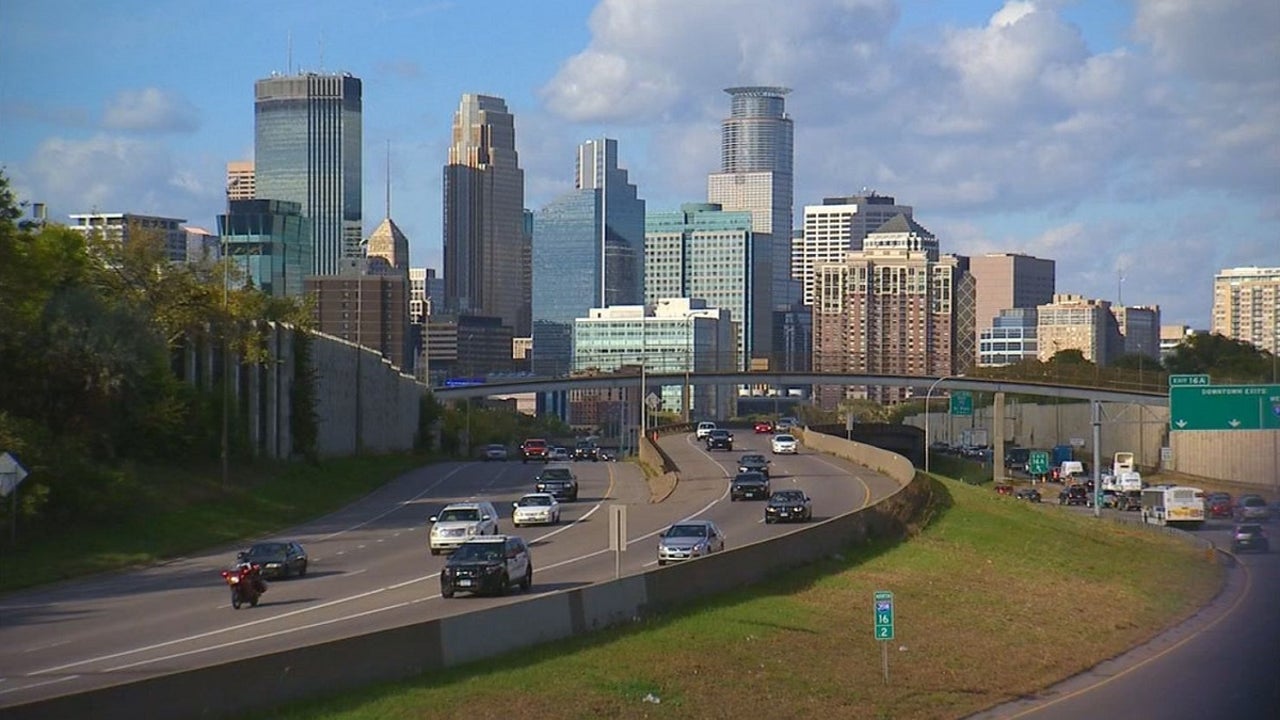
MINNEAPOLIS (FOX 9) – The Minnesota Court of Appeals has lifted an injunction that had blocked parts of Minneapolis’ 2040 plan from moving forward.
The Hennepin County District Court issued the injunction over a lawsuit brought by environmental groups who claim the plan would violate Minnesota’s Environmental Rights Act.
The lawsuit, in its third appeal, claims that the 2040 plan, which would increase housing availability in the city, would cause environmental damage by increasing residential density.
The 2040 plan ends single-family house zoning in favor of duplexes and triplexes. Under the previous court ruling, the city would have had to revert to its 2030 plan.
However, the Court of Appeals found that the district court overstepped its authority in its decision, putting the burden of proof on the city instead of the plaintiffs.
Efforts are also underway in the state legislature to bring an end to the lawsuit. The Minnesota Supreme Court previously ruled that comprehensive plans were subject to the Environmental Rights Act. Legislation passed by the Minnesota House last week would exempt comprehensive plans by metro cities from environmental reviews. That piece of legislation still needs approval from the Senate.
In a statement to FOX 9 from his office, Mayor Frey wrote: “The battle we’ve been fighting in the courts highlights the clear need for a change in state law. Today’s news is a step in the right direction, and we are appreciative of legislative efforts to act in providing clarity for not only Minneapolis but for cities across Minnesota.”
Minneapolis, MN
Smoke from Canadian wildfires brings poor air quality to Minnesota Monday, alert issued
Minnesota weather: Hazy sky for Monday
Smoke from wildfires in Canada reached Minnesota, causing a hazy sky for Monday. Much of the state is under an air quality alert.
Fox – Fox 9
Minnesota officials issued an air quality control warning through mid-day Monday as smoke from Canadian wild fires moves to northern parts and sweeps across the state.
“Fine particle levels are expected to reach the red air quality index (AQI) category, a level considered unhealthy for everyone, across all of Minnesota,” stated the Minnesota Pollution Control Agency in a press release.
The warning is set to expire at 12 p.m. Monday.
Areas in west, central and northern Wisconsin, as well as southern Minnesota, have visibilities that range from 4 to 7 miles, reports the Milwaukee Journal Sentinel, a part of the USA TODAY Network.
Minnesota air quality map
Map shows wildfires in US, Canada
Who should avoid being outside?
According to the agency, everyone should limit “prolonged or heavy exertion and limit time spent outdoors,” but sensitive groups should should avoid the outdoors all together and limit the amount of time they spend outside.
Sensitive groups include:
- People with asthma, chronic obstructive pulmonary disease (COPD) or other breathing conditions
- People with heart disease, high blood pressure, or diabetes
- Pregnant people
- Children and older adults
People who are sensitive may experience worsening of existing heart or lung disease and worsening of respiratory and cardiovascular conditions which can lead to the following:
- Asthma attacks
- Heart attacks
- Strokes
How can smoke impact the average person’s health?
The agency warns that people may experience several symptoms if they have prolonged exposure to the poor air quality.
It states that wildfire smoke can irritate one’s eyes, nose, and throat and cause…
- Coughing
- Chest tightness,
- Shortness of breath
- Dizziness
- Fatigue
“Anyone experiencing health effects related to poor air quality should contact their health care provider,” states the agency. “Those with severe symptoms, chest pain, trouble breathing, or who fear they may be experiencing a heart attack or stroke should call 911 immediately.”
Why is air quality in Minnesota so bad?
According to the agency, smoke from wildfires in northeast British Columbia swept in after a cold front.
Canadian fires prompt evacuations
On Saturday, 3,200 people living in northeastern British Columbia were under an evacuation order, Reuters reported, as fires charred over 24,710 acres.
According to Natural Resources Canada, there are over 100 active wildfires burning in the country, six of which are out of control.
The smoke from those fires is what lead the agency to release the air quality alert, the first of 2024, reports ABC News.
Not the first time smoke travels from Canada to the US
Last year, Canadian wild fires caused New York’s sky to turn orange and look like a scene out of an apocalyptic movie.
However, there’s some disagreement among experts about whether the U.S. should brace for a repeat of 2023’s air-quality issues.
“It is extremely unlikely that the 2024 fire season will be as extreme as 2023, as 2023 was a record-smashing year,” Mike Flannigan, a professor of wildland fire at Thompson Rivers University in British Columbia, previously told USA TODAY.
He adds that the drought the country faced is a sign of a warmer-than-normal summer and “suggest the potential for an active fire season.”
But, Rebecca Saari, an associate professor in the department of civil and environmental engineering at the University of Waterloo in Ontario, pointed out the drought and warm forecast, too, and said that she sees “similar patterns to last year.”
Contributing: Doyle Rice, USA TODAY; Hannah Kirby, Milwaukee Journal Sentinel
-

 Politics1 week ago
Politics1 week agoAustralian lawmakers send letter urging Biden to drop case against Julian Assange on World Press Freedom Day
-

 World1 week ago
World1 week agoBrussels, my love? Champage cracked open to celebrate the Big Bang
-
News1 week ago
A group of Republicans has united to defend the legitimacy of US elections and those who run them
-

 Politics1 week ago
Politics1 week agoHouse Dems seeking re-election seemingly reverse course, call on Biden to 'bring order to the southern border'
-

 World1 week ago
World1 week ago‘It’s going to be worse’: Brazil braces for more pain amid record flooding
-

 Politics1 week ago
Politics1 week ago'Stop the invasion': Migrant flights in battleground state ignite bipartisan backlash from lawmakers
-

 World1 week ago
World1 week agoGerman socialist candidate attacked before EU elections
-

 World1 week ago
World1 week agoSpain and Argentina trade jibes in row before visit by President Milei

















